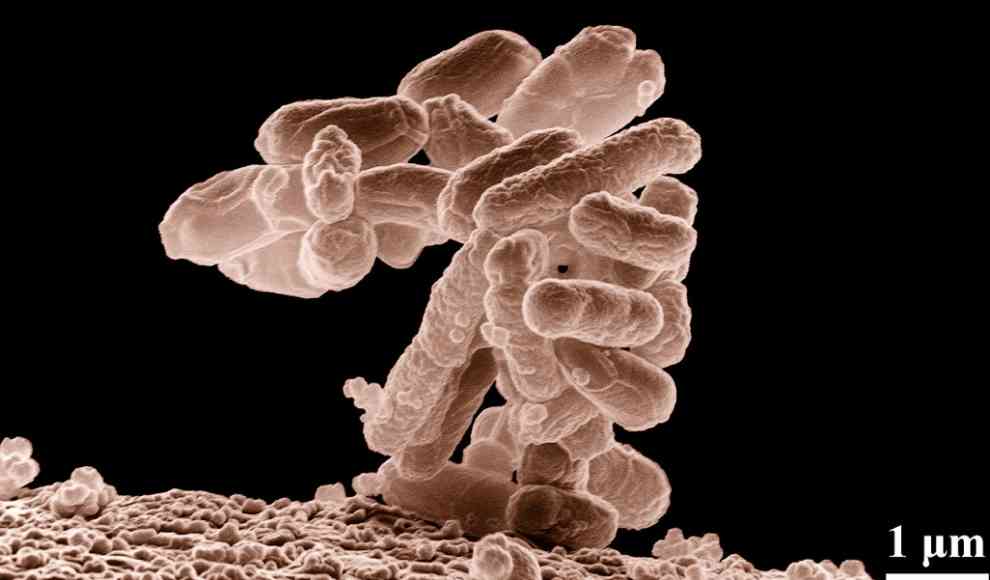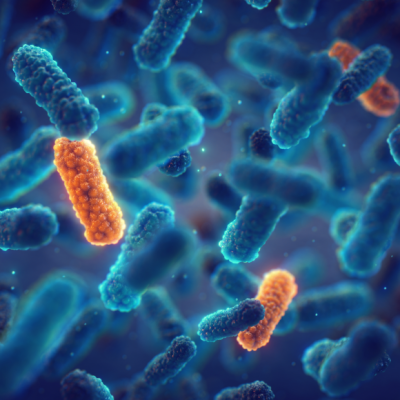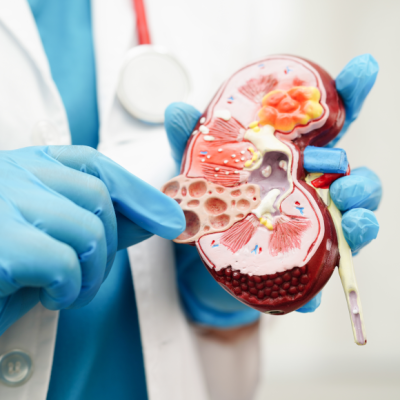A new antibiotic called Irresistin has been developed that has a dual effect, killing all known multi-resistant bacteria and suppressing resistance development. This breakthrough comes as multi-resistant bacteria, spread through sources such as washing machines in hospitals and rats, continue to pose a growing problem for medicine. The Princeton University scientists who developed Irresistin describe it as the first antibiotic that works against both gram-positive and gram-negative bacteria without creating resistance. The new drug destroys the membrane structure of bacteria and inhibits the production of folic acid, making it a double threat to bacteria.
The scientists discovered Irresistin during an analysis of 33,000 chemical substances that have antibiotic properties against both groups of bacteria. The drug was tested on animals and killed all known pathogens that were already resistant to other clinically used antibiotics. The scientists have named the drug Irresistin because all attempts to create a bacteria resistant to it in the laboratory have failed. However, the original substance caused damage to human cell cultures, so the scientists developed a modified version called Irresistin-16, which is hundreds of times more effective against bacteria than human cells.
The modified version of Irresistin has already been successfully used to treat mice infected with highly resistant gonococci. The scientists believe that this breakthrough could lead to the development of other drugs that can be chemically modified to attack both human cells and bacteria. This is an important development in the search for new antibiotics, as multi-resistant bacteria continue to pose a growing threat to medicine. The next step is to conduct a study with human subjects to determine the drug’s effectiveness and safety.










